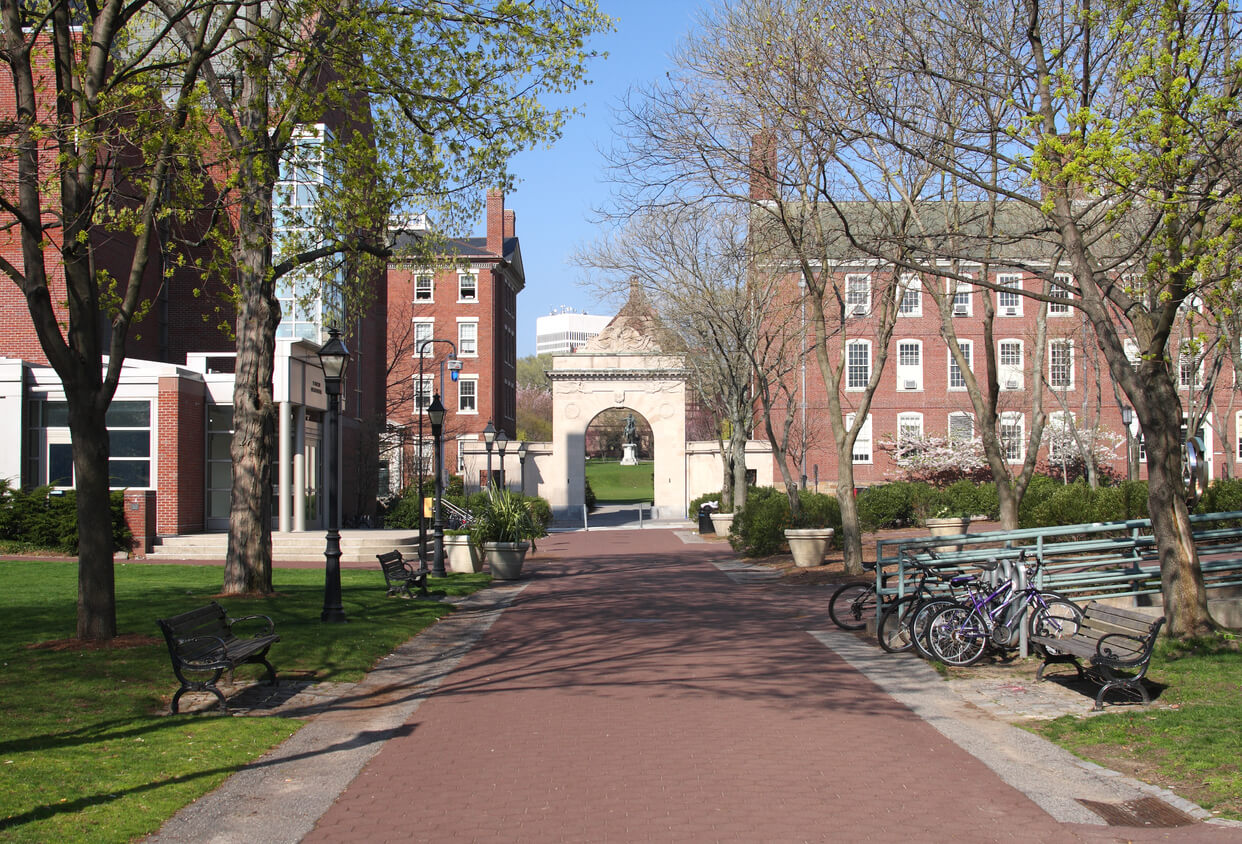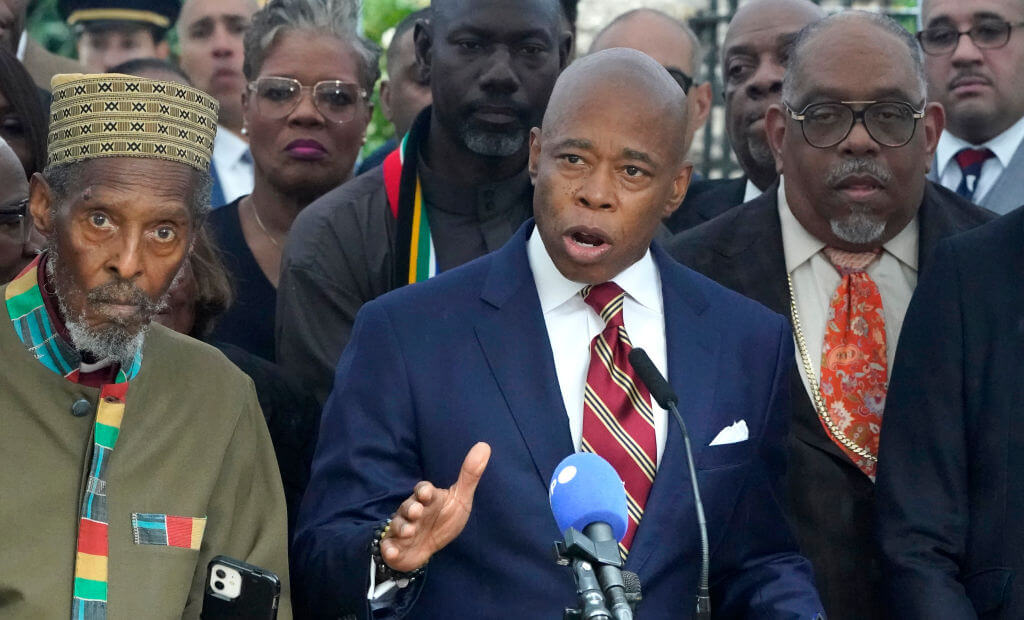FBI investigating violent threats sent to Hillel leaders at Brown and Rhode Island School of Design
A building was searched and remains open; security has been increased and an investigation is underway

Brown University in Providence, Rhode Island. Photo by iStock
The FBI is investigating violent threats emailed to leaders of a Hillel that serves Brown University and the Rhode Island School of Design in Providence.
The emails were sent early Sunday morning to the Brown RISD Hillel Weiner Center’s executive director, Rabbi Josh Bolton, and assistant director Molly Goldmeier.
Bolton said in a phone interview that the FBI was looking into the incident, but he declined to offer details about what the emails said, other than to describe them as “really disturbing, specific threats to us and our families’ well-being.”
Bolton said in an email to the community that police had searched Weiner Center and “assured us that there is no imminent threat.” He added that safety and security plans for the site were being updated, and that a “special security detail” had been posted to the building and would remain there in the coming days. The building remained open for student programs and events.
“Threats like these are scary and hard on the spirit of the Jewish community,” Bolton added. He said Hillel staff were available to students who need support, and expressed gratitude to Providence police, local Jewish leaders and administrators at both schools for their responses.
Grateful for university support
The Brown Daily Herald reported that Brown President Christina Paxson and RISD President Crystal Williams sent emails to students about the threats, asking school community members to renew their “commitment to eschew all forms of hatred and work toward mutual understanding.”
Bolton told the Forward he was “grateful for the leadership of the universities, the administration, campus security and colleagues” who had offered support and concern for the Jewish student community and “for us as individuals.”
He added that “Jewish life at Brown, if you zoom out just a little bit, is actually one of the greatest stories of Jewish life on any campus in America.” He said the number of students from Jewish day schools has skyrocketed in the past few years: “We’ve gone from there being no Orthodox minyan to a daily minyan. We’ve gone from a university without a kosher dining hall to having two of them.” Hillel serves more than 2,000 individual students each year, he said, and the level of engagement overall is high, with 250 people at Shabbat dinner last Friday night.
Climate of antisemitism
At the same time, he noted that the threatening emails “were not received in a vacuum. Over the past three or four months, Brown, RISD, Hillel, me personally, and Jewish students here have been on the receiving end of very nasty rhetoric that has at times employed antisemitic tropes, themes and images.” The hardest part, he added, is that Jews at Brown, “like on many campuses, tend to be gaslit about antisemitism, with people saying, ‘Well, it’s not so bad. It’s not as bad as what other people have to put up with. You have the resources to deal with it.'”
Sonya Rashkovan ’27, who frequently attends Hillel programs, told the student newspaper that “it was absolutely gut-wrenching to see that the only safe space that is left for us Jewish students on campus was threatened.” Rashkovan added that many Jewish students haven’t felt safe on campus since Hamas’ Oct. 7 attacks in Israel. “I hope that, after this, people will start to take our calls more seriously,” Rashkovan said.
Meanwhile, 19 Brown students ended a hunger strike they had staged to try and compel the university administrators to consider divesting from businesses “associated with human rights abuses in Palestine.” They broke the fast Friday after eight days, when the administration meeting they aimed to influence took place with no action on the issue.
























